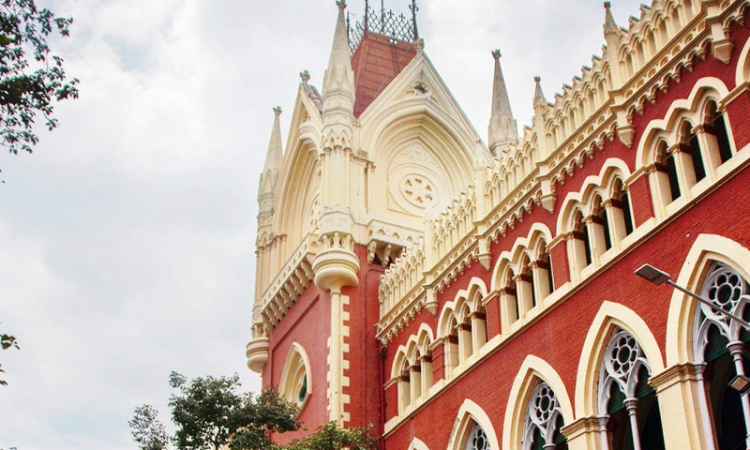Time To Re-Look At S.27 Of Indian Contract Act To Protect 'Trade Secrets': Calcutta High Court
Aaratrika Bhaumik
19 April 2022 6:38 PM IST

Next Story
19 April 2022 6:38 PM IST
The Calcutta High Court has recently upheld an injunction order passed against former employees of a law firm restraining them from divulging confidential information and trade secrets gathered during the course of their employment. The Court further opined that sharing of such information and communication would not only be unethical but would also constitute a breach of the...
